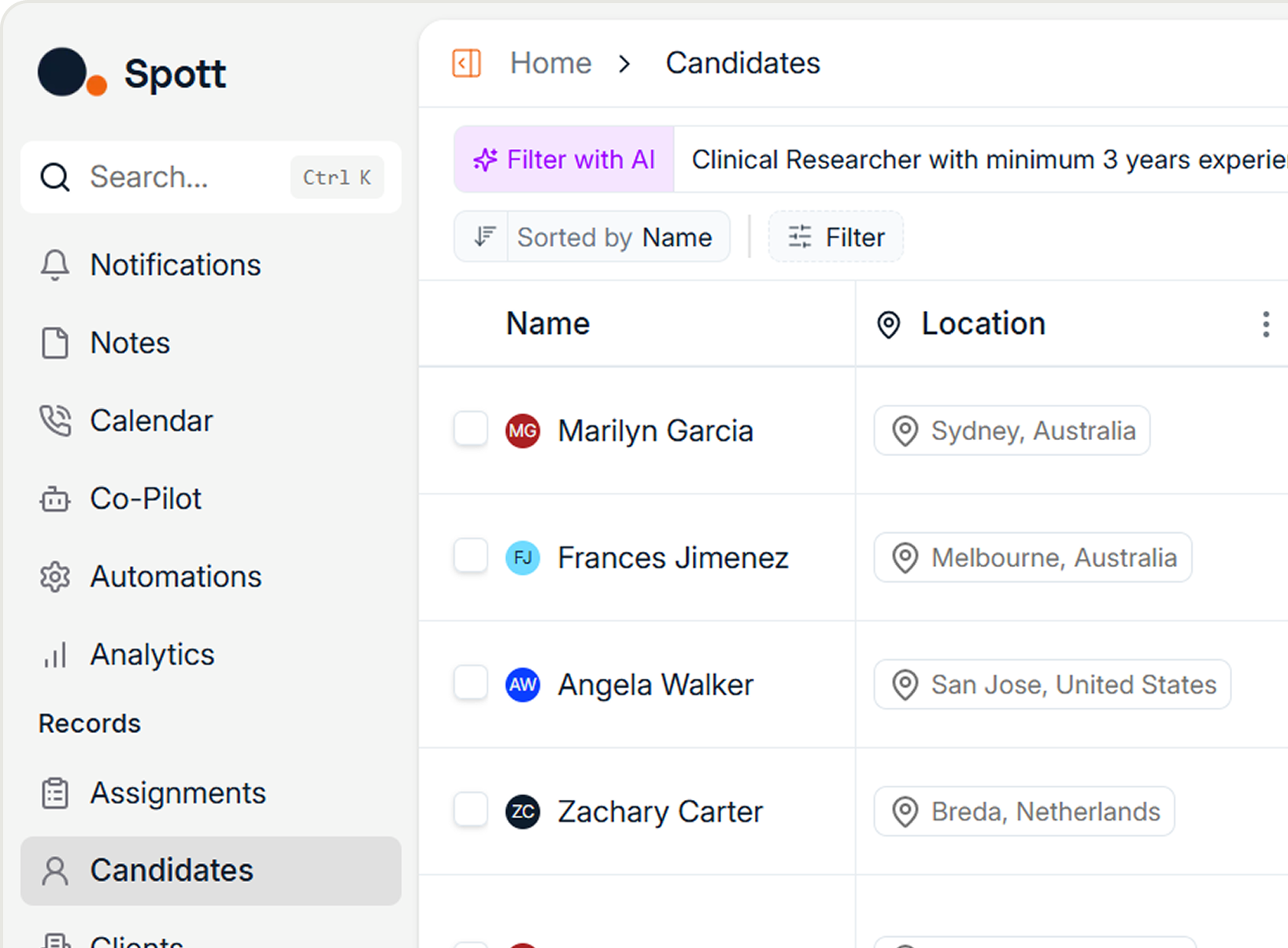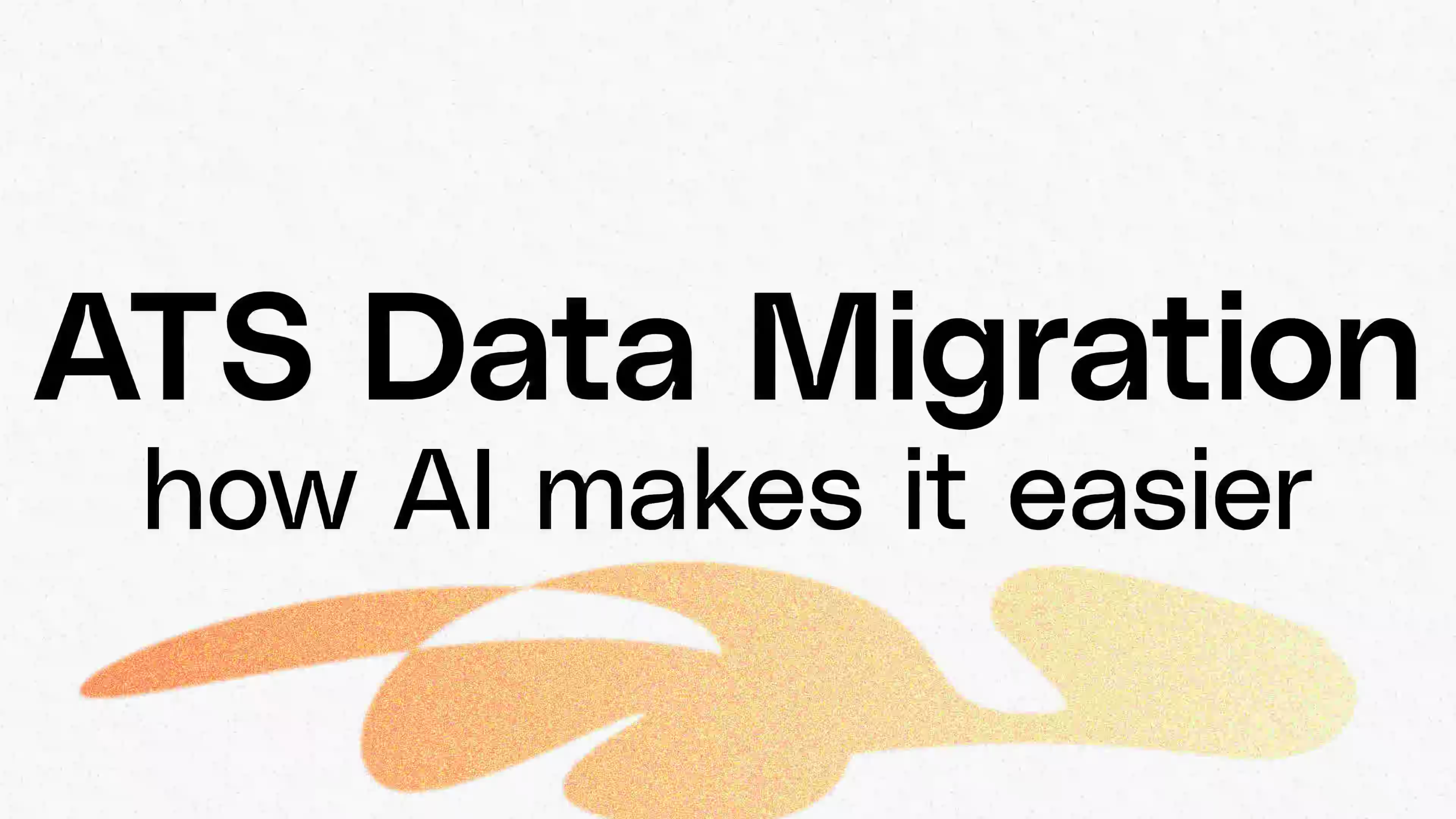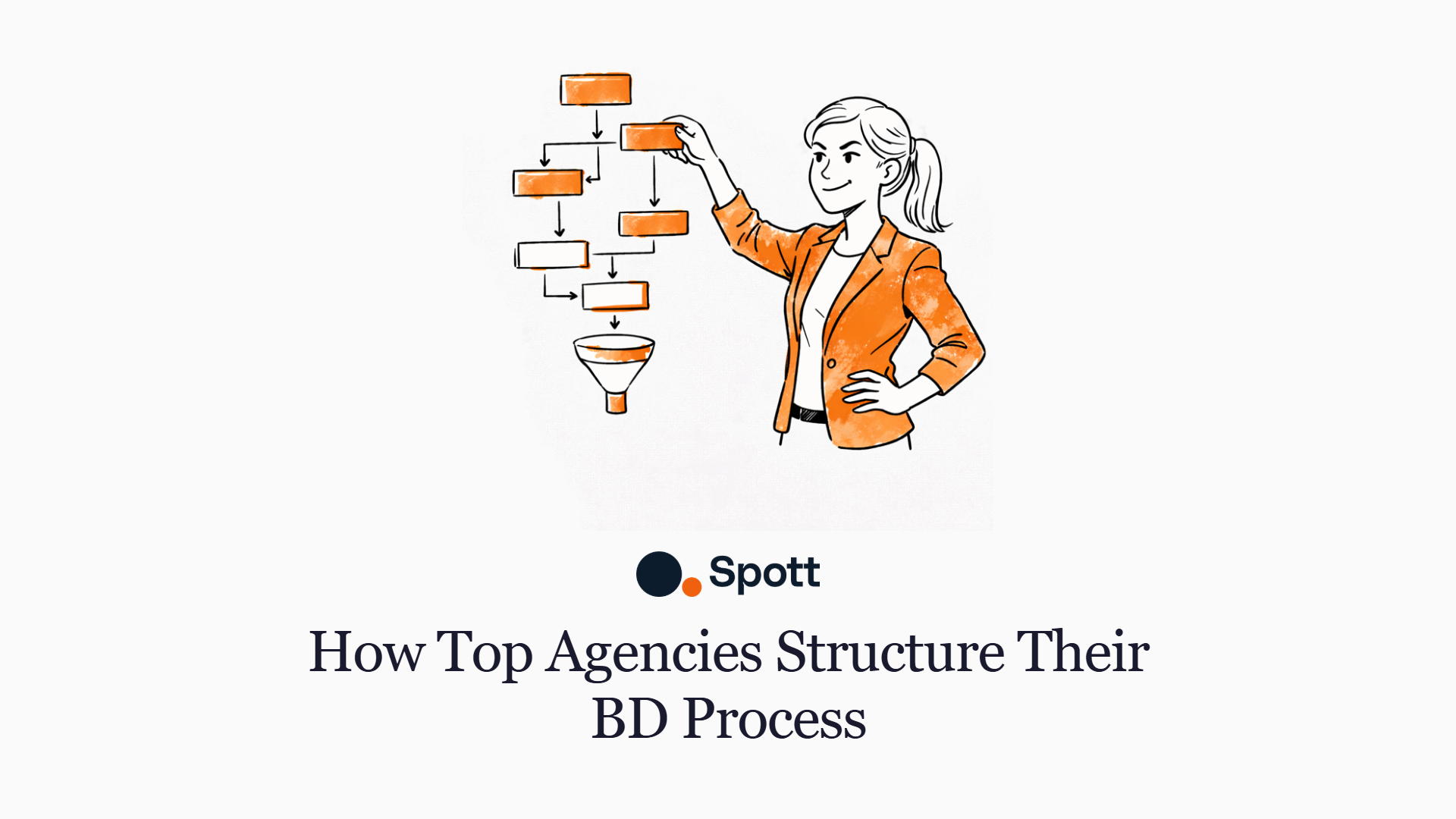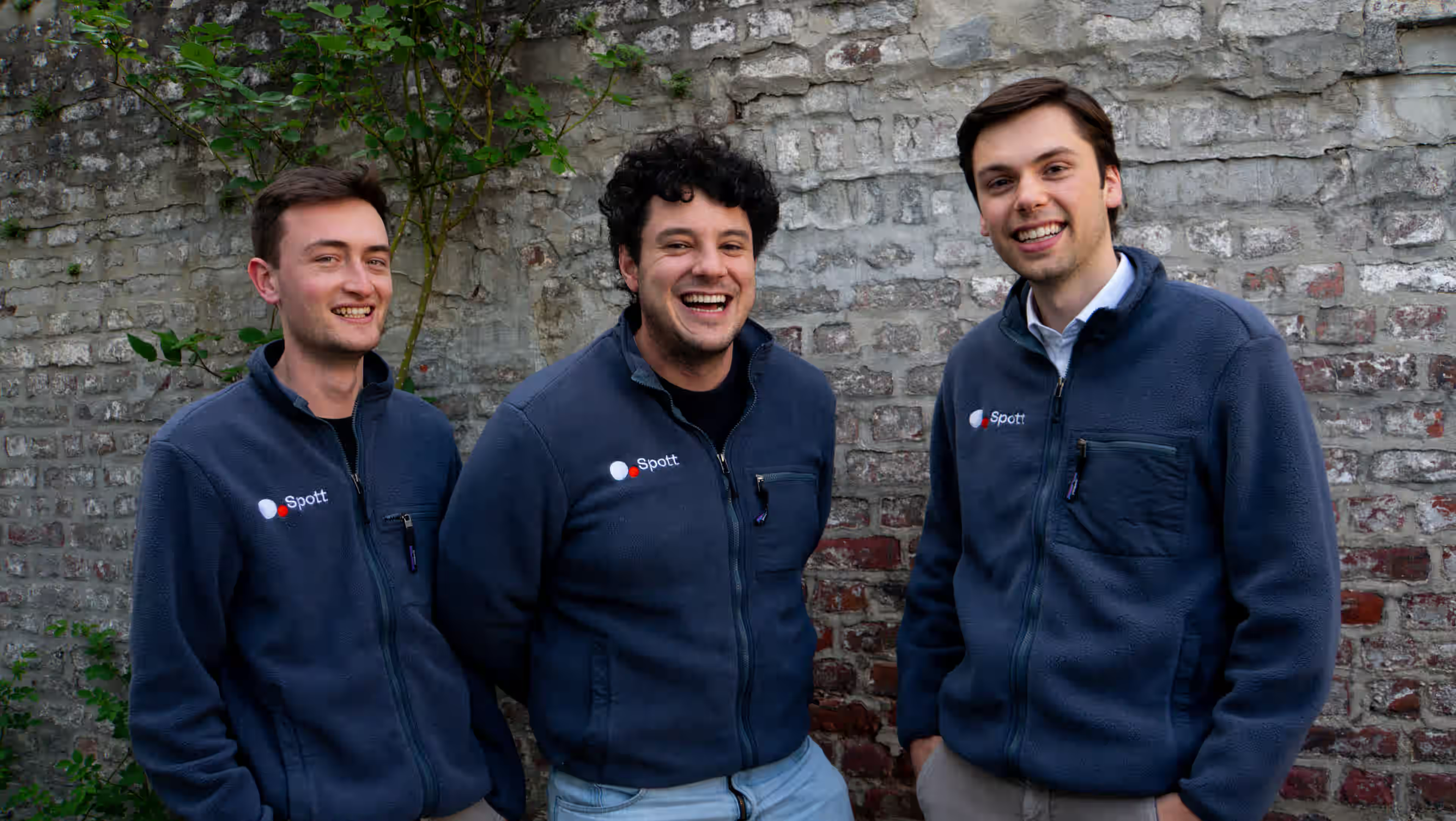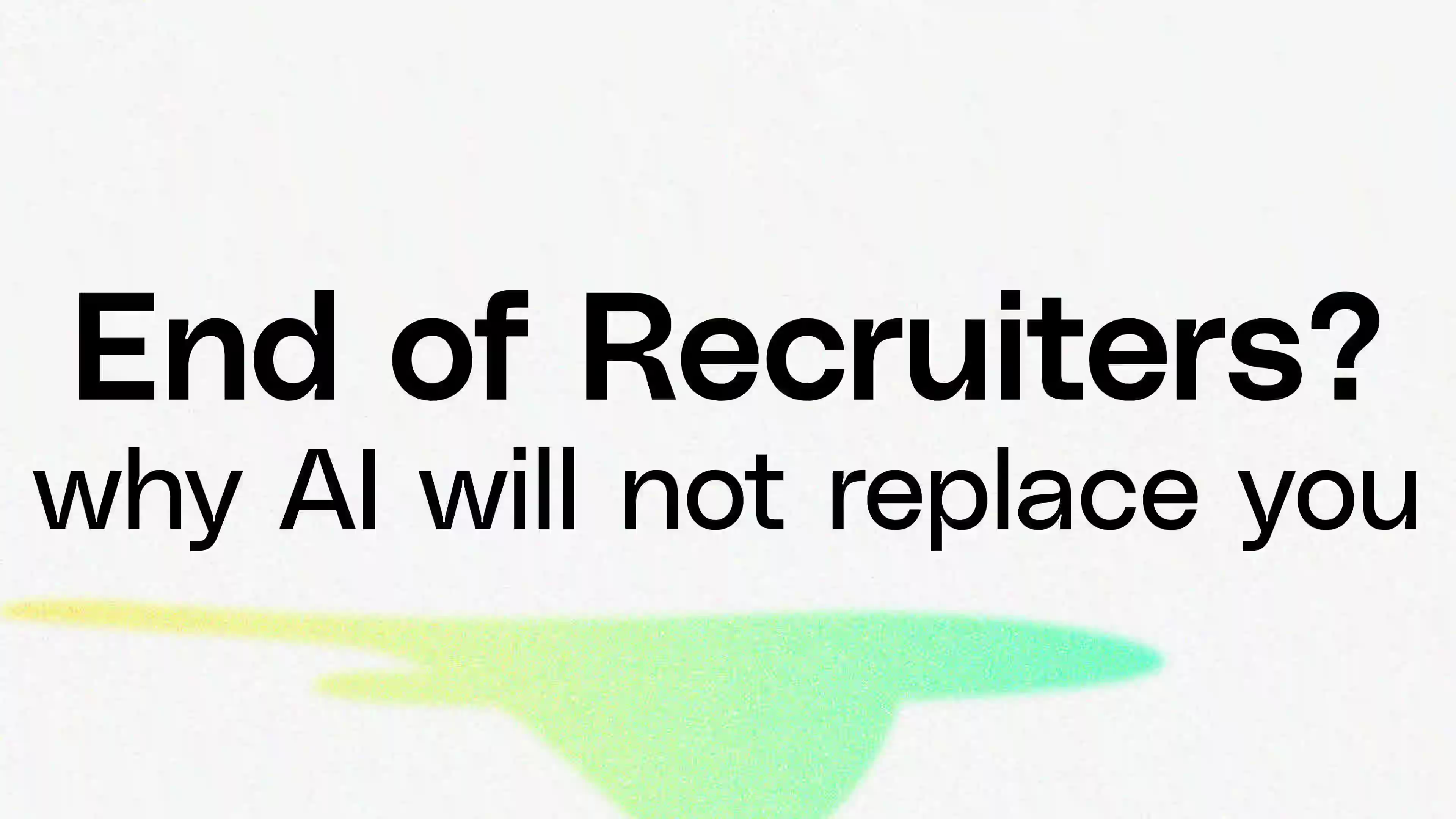
Will AI Replace Professional Recruiters?
Discover the ideal ATS/CRM solution for your business as we compare the top contenders for you in our head-to-head series
In a world where AI tools are transforming industry after industry, recruitment stands at a fascinating crossroads. The question on everyone's mind: will AI eventually replace human recruiters entirely? As we navigate this technological revolution, the answer is more nuanced than many expect, and the implications for recruitment professionals are profound.
The Current State of AI in Recruitment
AI has already established a significant foothold in talent acquisition. According to a 2024 SHRM survey, 1 in 4 employers are using AI for HR tasks, including recruitment. We're seeing this play out in real time with resume screening software processing thousands of applications in minutes, chatbots handling initial candidate communications and scheduling, AI-powered assessments evaluating candidate skills objectively, and predictive analytics identifying which candidates are most likely to succeed.
The efficiency gains are undeniable. A 2023 study by Harvard Business Review found that companies using AI in recruitment reported a 20% increase in efficiency and a 15% reduction in time-to-hire.
What AI Cannot Replace
Despite these impressive capabilities, AI still faces significant limitations in the recruitment process. The human elements of hiring remain irreplaceable:
Understanding company culture nuances: While AI can match skills, it struggles to assess whether a candidate will thrive within a specific team dynamic.
Building genuine relationships: The best recruiters don't just fill positions; they build lasting relationships with talent pools. This network development requires empathy, trust, and intuition that AI cannot replicate.
Negotiating complex offers: When finalizing executive or specialized positions, the subtle art of negotiation requires human judgment, especially when navigating sensitive conversations about compensation and benefits.
Handling unique situations with nuance: Every hiring situation is different and may not fit perfectly into an algorithm’s parameters. These edge cases require creative problem-solving and flexibility.
The Most Likely Future Scenario
Rather than replacement, we're heading toward a human-AI partnership model. The most successful recruitment professionals will be those who leverage AI as a powerful tool while focusing their human talents on high-value activities.
Consider this: a 2024 study by Microsoft and LinkedIn found that 75% of knowledge workers used AI in their workflows at the time, 46% of whom adopted it within 6 months prior to the study. The study goes into more detail about how these AI "power users" experience significant productivity gains in their daily tasks, but perhaps a more attention-grabbing finding is that about 78% of these knowledge workers are adopting AI tools on their own, a trend that's been dubbed BYOAI: "Bring Your Own AI". This begs the question whether companies wouldn't be better off investing into a tailor-made AI supporting the specific tasks and workflows their employees face on a daily basis. To quote Microsoft, companies risk "missing out on the benefits that come from strategic AI use at scale and putting company data at risk" by not implementing these customized productivity boosts safely at a company-wide level.
The New Reality: "AI + Human" Will Replace "Human Only"
The most important insight for recruitment professionals might be the following: while AI won't replace recruiters, recruiters who use AI will replace those who don't.
Recruitment agencies and talent teams should invest in AI tools that support human skills, learn new ways to assess candidates and build relationships, and create smooth workflows that combine AI efficiency with human judgment.
The Human Touch: More Valuable Than Ever
As automation handles routine tasks, the human elements of recruitment become even more differentiating. When candidates can apply to hundreds of positions with a click, the personal connections that skilled recruiters have built stand out remarkably.
Research from Gallup shows that highly engaged teams result in 23% greater profitability, 18% increased productivity, and 47% increased product quality, highlighting the importance of human-driven cultural fit and engagement in the hiring process.
Embracing the Future
The question isn't whether AI will change recruitment, it's how quickly professionals will adapt to this new reality. Those who view AI as a threat will likely struggle, while those who embrace it as a powerful ally will thrive.
For recruitment leaders, the path forward is clear: invest in the right technology while doubling down on the uniquely human aspects of talent acquisition. The U.S. Bureau of Labor Statistics projects that employment of human resources specialists, including recruiters, will grow 8% from 2023 to 2033, faster than the average for all occupations. The future belongs not to AI alone, but to the strategic partnership between innovative technology and skilled professionals who understand that the human touch remains irreplaceable.
Outp(l)ace everyone.
You can’t win tomorrow’s placements
with yesterday’s tools.



